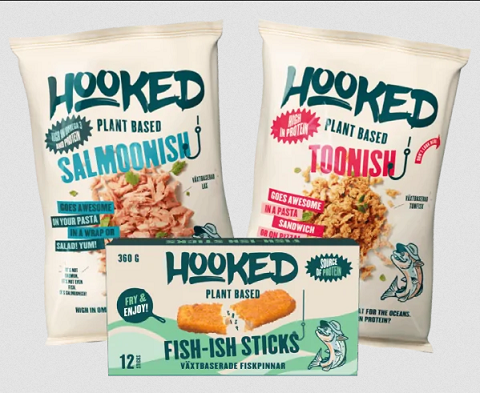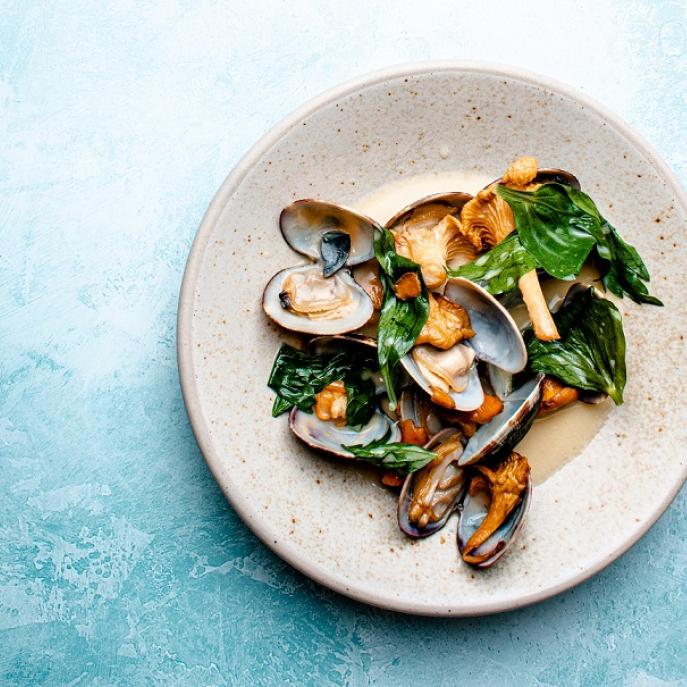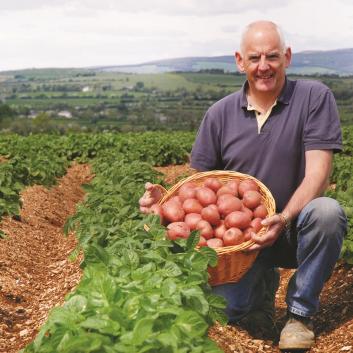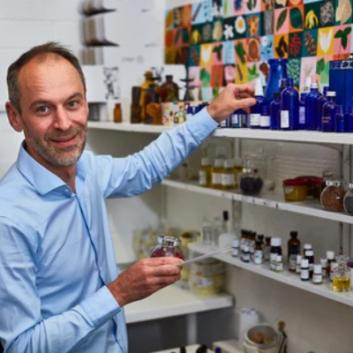Can blue food help save the planet?
Globally, three billion people rely on fish and seafood for 20% of their animal protein intake, which means that around 6.5% of all protein consumed comes from fish, based on figures released by the World Bank.
Seafood consumption has doubled within the past fifty years due to wealth increase and the desire to decrease other animal protein sources.
This rapidly growing trend has led to over 90% of fish stocks being over or fully fished and disrupting marine ecosystems.
The demand is expected to be doubled again within the next 50 years.
Seafood-based proteins produce much less environmental impact than terrestrial-based ones, primarily due to the lack of land required to grow them.
Thanks to the diversity of blue foods, including fish, many invertebrates, aquatic plants, algae, and other aquatic animals, this diet can also impact humans’ health positively.
Due to the overfishing of predators, similar to overhunting on land, many otherwise hunted species begin to overpopulate, which can easily unbalance fragile and complex underwater ecosystems.
Turning challenges into opportunities there are areas where innovative and sustainable solutions are popping up thanks to impact-driven leaders.
One such case is with sea urchin populations that overgraze kelp and seagrass forests, turning the water into a desolate wasteland.

Norwegian-based startup Urchinomics solves this problem by rehoming the urchins into ranches, where they go from annoying pests to a premium seafood product that can be consistently supplied year-round.
This way, food is farmed while positively affecting the environment, recovering a healthy ecosystem with a particular focus on sea kelp forests.
Addressing harmful urchin overpopulation with an innovative solution that preserves marine life by creating food is also proven to be a viable business model.
While sea urchins face overpopulation, other marine animals, such as sea oysters, have been underpopulated. This results in undersupply and also negative environmental impacts.
Oysters might not be as famous for their critical role as coral reefs. Still, they provide multiple benefits, such as water quality improvement, nursery habitat for fish, and reduced nitrogen levels, while contributing to the local economy and culture.
A sustainable farming business, The Oyster Restoration Company, based in the United Kingdom, aims to fix this problem by providing 150 million native oysters annually.
They are working on this by selectively breeding oysters to create disease resistance, a common problem in aquaculture.
They work to bring balance back into the environment and improve farm yield to reduce dependency on pacific species.

Although farming fish and invertebrates is becoming more popular, seaweed farming is getting more attention as this plant absorbs carbon dioxide and nitrogen while protecting seabeds.
Oceanium, a Scottish enterprise, is a sustainable seaweed farm that meets many industries’ needs by producing food, feed, and biomass. They launched the “KELP-EU” or “Kelping the EU”, an 18-month project with multiple partners that allows them to study seaweed further.
However, not all farming has to be nature-based.
German-Thai company HydroNeo brings the process of shrimp farming to the future through Internet-of-Things technology. They have developed a smart farm management system that allows farmers to check pH and water temperature while remotely feeding and aerating their farms.
Seafood may have a lower environmental impact than land animals, we need to be aware that the pollution produced by this industry is still not as low as it is with plant-based products.
Consumers may still yearn for a fishy flavour but want plant based sourcing, as they are concerned about the effects of microplastic pollution in the ocean or have ethical issues with fishing.

Swedish-based enterprise Hooked provides a terrific substitute for tuna and salmon through a combination of sustainable soybeans, sunflower oil, and algae.
They list all ingredient sources on their website for a completely transparent and traceable product.
By providing a plant-based vegan substitute for fish, they are reducing microplastic consumption in humans and greenhouse gas emissions from the industry, while reducing the need for fishing.
According to Hooked, canned tuna has 6.06 kg of CO2 equivalent emission per kilo of product, while their product, Toonish only produces 2.7.
It is no question that there is a huge potential for using blue foods to address many challenges.
Still, the seafood industry needs urgent re-examination to create sustainable and regenerative solutions.
















